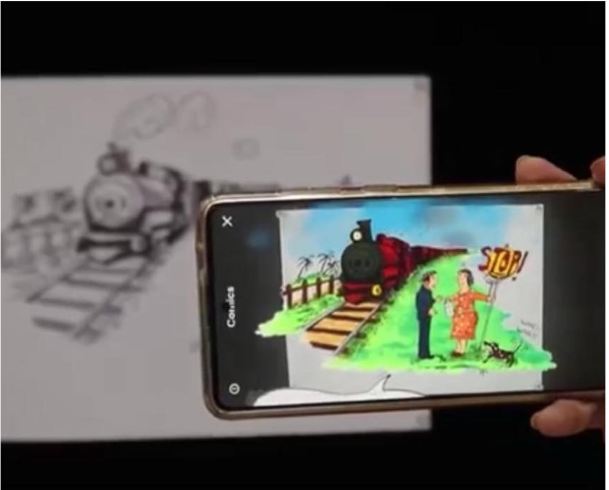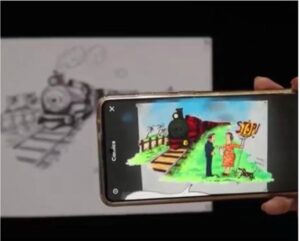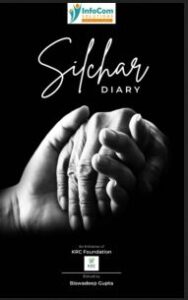* This project seeks to build accessible and affordable immersive learning experiences, which would transcend the barriers of physical classrooms
* By developing pedagogic tools using AR/VR technology, the proposed project could potentially revolutionize education in rural areas by enabling virtual access and mobility through portable platforms.
* This project will also help India achieve UN SDG Goal #4, which calls upon all nations to “Ensure inclusive and equitable quality education and promote lifelong learning opportunities for all.”
* CSR Funding from the industry can help scale up this project to benefit the country at large
 KRC TIMES Education Desk
KRC TIMES Education Desk

CHENNAI : Indian Institute of Technology Madras (IIT Madras) Researchers are developing AR/VR (Augmented reality/Virtual Reality)-based enabled learning for schools in rural areas. The researchers are using digital technologies to develop teaching-learning models for subjects taught in secondary schools in rural areas of the country.
This initiative’s goal is to develop VR-enabled immersive and experiential learning environments where students get opportunities to learn subjects such as social science, history, sciences and languages. Through AR/VR world-building, digital storytelling and games, the learning process becomes more efficient and would help prepare the students for a competent field of higher education.

As an initial step towards this direction, Project Coordinators Dr. Merin Simi Raj and Dr. Avishek Parui have created the first AR-based mobile app called ‘MemoryBytes,’ which captures the history of the transnational Anglo-Indian community across 500 years.
The mobile app, available in Android and iOS versions, provides an interactive, animated, and augmented experience of photographs, maps, and archival documents.
Industry funding in the form of CSR Grants could provide a great boost to this technology-led initiative and enable its implementation in schools across India.
This project could also help India achieve UN Sustainable Development Goal #4, which calls upon all nations to “Ensure inclusive and equitable quality education and promote lifelong learning opportunities for all.”
Highlighting the need for Industry to support the scaling up of such projects with potential for deep social impact, Prof. Mahesh Panchagnula, Dean (Alumni and Corporate Relations), IIT Madras, said, “This project has the potential to redefine learning and education in schools for millions of rural school students across India, by creating immersive experiences through AR/VR technology-enhanced pedagogy.”

e-mail: infocom.krc@gmail.com
Know More | Apply Here
By developing pedagogic tools using AR/VR technology, the project could potentially revolutionize education in rural areas by enabling virtual access and mobility through portable platforms. This project could also bridge the ‘Digital Divide’ between urban and rural school students.
Speaking about the goals of this initiative, Project Coordinator Dr. Merin Simi Raj, Associate Professor, Department of Humanities and Technology, IIT Madras, said, “This project seeks to build accessible and affordable digitally enabled immersive learning experience along with the opportunity to connect with experts working in various fields. The project seeks to build AR/VR supported teaching-learning model which would transcend the barriers of physical classrooms.”
Further, Project Coordinator Dr. Avishek Parui, Associate Professor, Department of Humanities and Technology, IIT Madras, added, “These projects are part of the research at the Centre for Memory Studies in IIT Madras, which works at the interface of humanities, heritage, and technology. We undertake research on adaptive, dynamic, and authentic learning experiences through portable XR tools/products accessible for students, researchers, and the general public.”


